KARE 11 Investigates: Nearly 150 MPD cops with misconduct history served as trainers
Nearly one-third of the Minneapolis police field trainers have been disciplined for misconduct or named in lawsuits resulting in millions of payouts
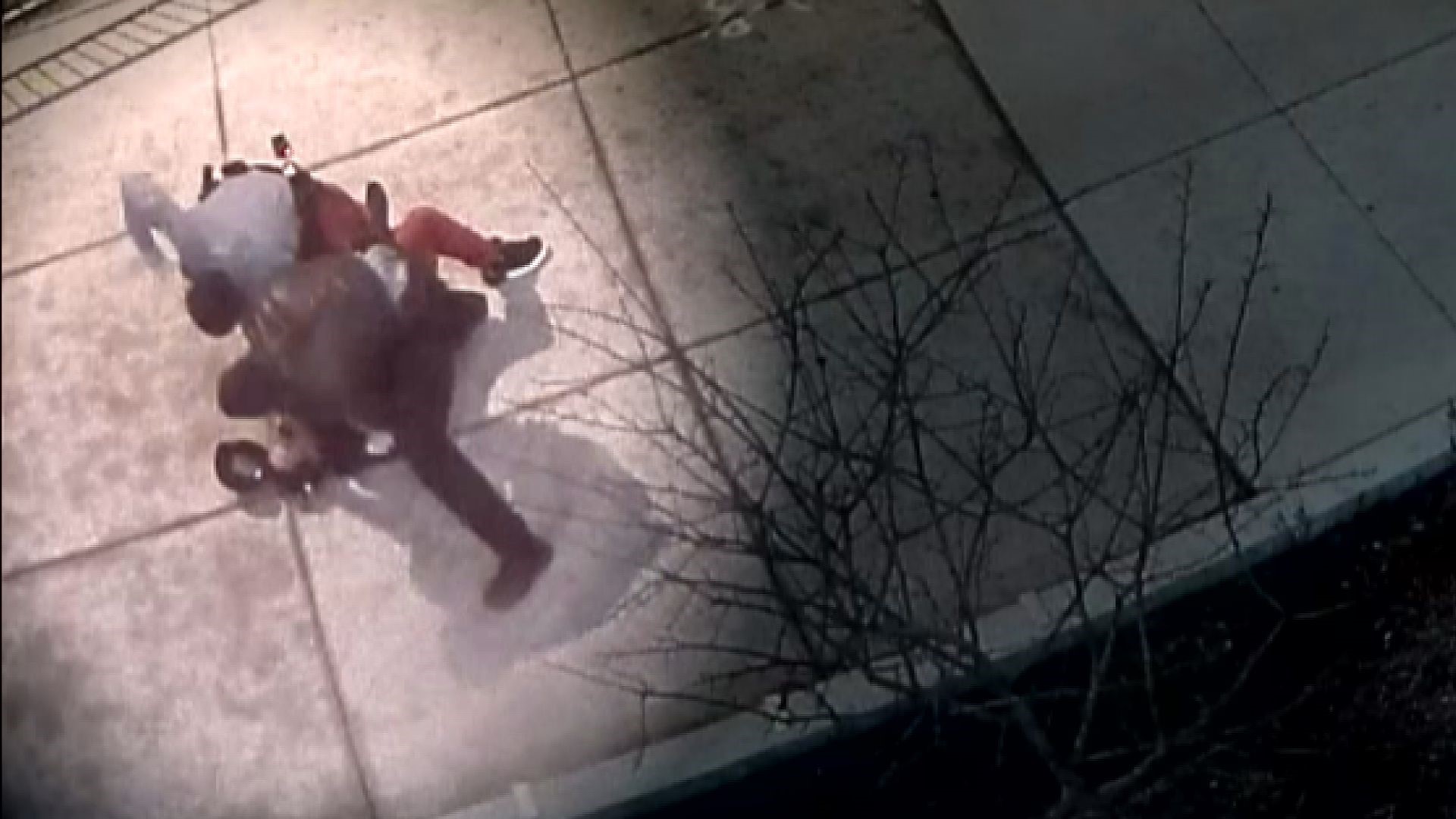
As Minneapolis faces the challenge of rebuilding its police force – hiring up to 200 new recruits – it also must decide whether rookies will continue to be trained by officers like Peter Brazeau and Alexander Brown.
The two were working an overnight shift in downtown Minneapolis in December 2016 when they ordered an intoxicated man to lay on the ground, where they handcuffed him behind his back to take him to the hospital. The man kicked at them, knocking off Brazeau’s body cam.
In response, Brazeau punched the handcuffed man in the head four times, followed with a strike by Brown. The man would still go to a hospital, but left behind a pool of blood, records show.
The beating was so severe that both officers were relieved of duty.
But the MPD not only put them back to work, the department also made them field training officers -- FTOs.
Having cops with records of misconduct train new generations of recruits is all too common for the MPD.
Of the more than 400 Minneapolis cops who have served as FTOs since 2016, nearly a third of them – like Brazeau and Brown -- have been disciplined or named in lawsuits that have cost taxpayers more than $34 million, a KARE 11 investigation has found.
Officers chosen to be field trainers should be the gold standard of their department, said Randy Shrewsberry, a former cop who founded and directs the Institute for Criminal Justice Reform.
“If there are some wrinkles in their record, especially very flagrant violations, it’s our view that that would be a disqualifier,” Shrewsberry said.
That’s not happening at the MPD.
The most well-known case of such an officer was Derek Chauvin, one of the MPD’s most prolific trainers before murdering George Floyd.

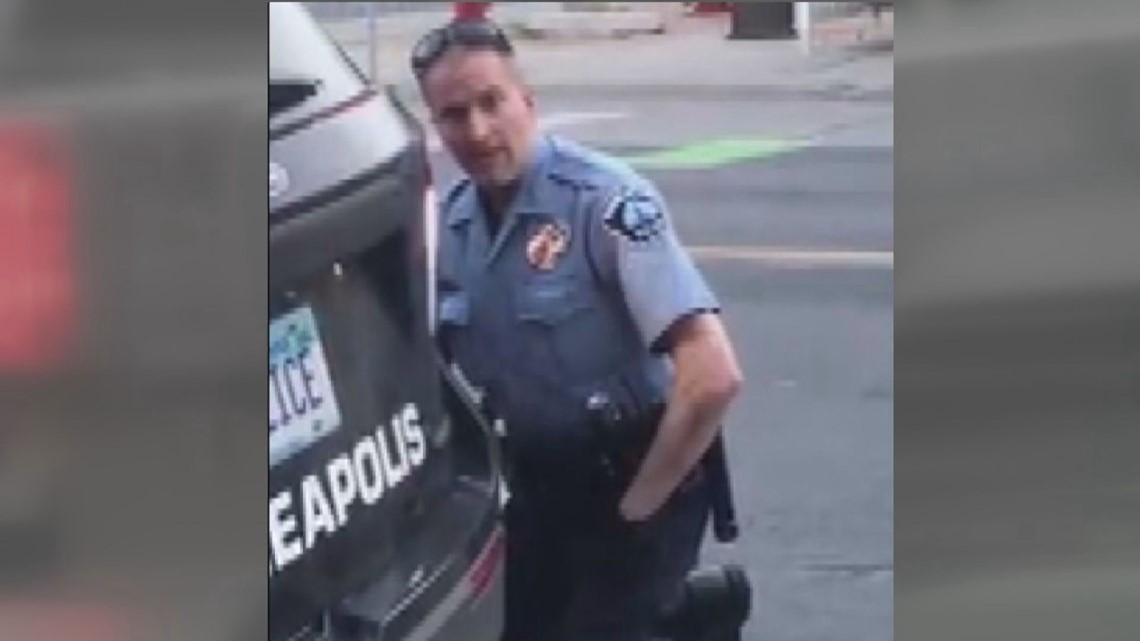
Chauvin continued as an FTO even though records show in 2017 he had beaten a 14-year-old boy and held him down with a knee on his back.
But he is far from the only example.
- Timothy Callahan was one of two officers who pinned David Smith’s face down to a YMCA floor in 2010 in a position similar to the one that killed Floyd. Smith stopped breathing. An autopsy showed he died due to “mechanical asphyxia” caused by prone restraint.
The MPD settled with Smith’s family for $3 million. Callahan has been a field training officer since at least 2016. - Before he was hired in Minneapolis, Dustin Schwarze had already been sued for excessive force when he was a cop in Richfield in 2011.
In that case, video shows Schwarze telling the man to stay in a car or else he’d beat him. A short time later, another officer ordered the man to get out of the car. After the man refused – later saying he was confused about the orders -- the officers pulled him out and beat him. Schwarze held his taser down on the man and stunned him three different times, according to his report on the incident.
The case that resulted $120,000 settlement.
In 2016, he was one of the two officers involved in the fatal shooting of Jamar Clark – it was Schwarze who pulled the trigger -- which set off city-wide protests. After the Hennepin County Attorney’s office decided the use of deadly force was authorized and declined to file charges in Clark’s death, the city paid a $200,000 settlement to Clark’s family.
Despite those payouts, Schwarze was an FTO since at least 2017, records show.
In March 2020, he was accused of launching a flash bang grenade without warning inside a car where two men sat on the side of the road. Police were executing a warrant believing one of the men may have had drugs on him, but only a small amount of pot and K2 was found, according to police records.
The driver of the car, Jerrod Burt, filed a lawsuit saying he suffered severe burns. A bodycam photo from the suit appeared to show Schwarze smiling after firing the flash grenade.
The city paid Burt $170,000. - Officer Sherry Appledorn has a history of misconduct stretching back to 1994, having had 35 complaints filed against her resulting in her being suspended once and reprimanded twice.
In one case, she was accused of repeatedly kicking a man in 2008 who was not resisting arrest, according to a lawsuit filed against her. It resulted in the victim getting a $125,000 settlement.
By 2013, she also had been named with other officers in four other lawsuits. In all, the settlements totaled nearly $400,000.
Yet despite her record, she has been one of the city’s most-used field training officers in the last five years.

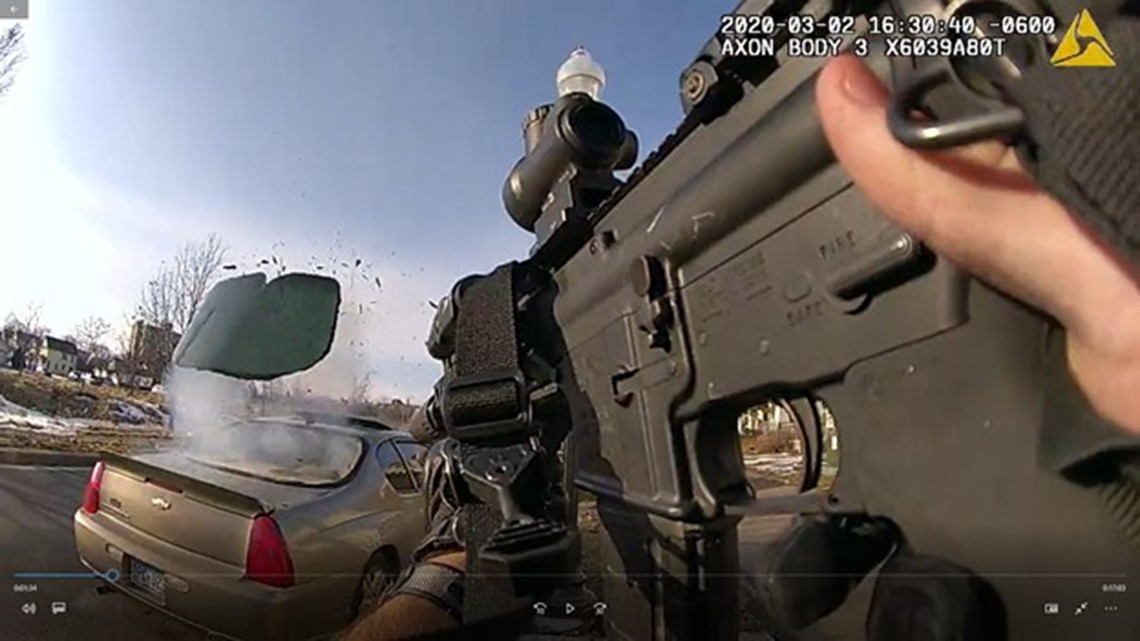
The $34 million in lawsuit payouts since 2016 would be even larger if you include the $20 million settlement paid to the family of Justine Ruszczyk. One of the officers involved in that incident was also an FTO.
Although Ruszczyk was shot and killed by then-MPD officer Mohamed Noor, the officer driving the squad car with Noor that night was Matthew Harrity, an FTO. Ruszczyk’s death prompted the multi-million dollar settlement, but the civil lawsuit filed by her family also accused Harrity of intentionally not turning on his body camera and contriving a story about what happened in an effort to “conceal the truth” about Ruszczyk’s killing.”
MPD spokesman Garrett Parten did not respond to repeated requests for an interview with a department leader regarding the FTO program.
He also did not respond to requests speak with the FTOs highlighted in this story. Appledorn and Schwarze are no longer with the department. They could not be reached for comment.
Creating a culture
FTOs do more than train new recruits, said Shrewsberry of the Institute for Criminal Justice Reform. They create a culture.
And if they have histories of misconduct, “They’re just passing those bad habits or those very dangerous viewpoints onto another officer and then it becomes kind of this vicious cycle,” Shrewsberry said.

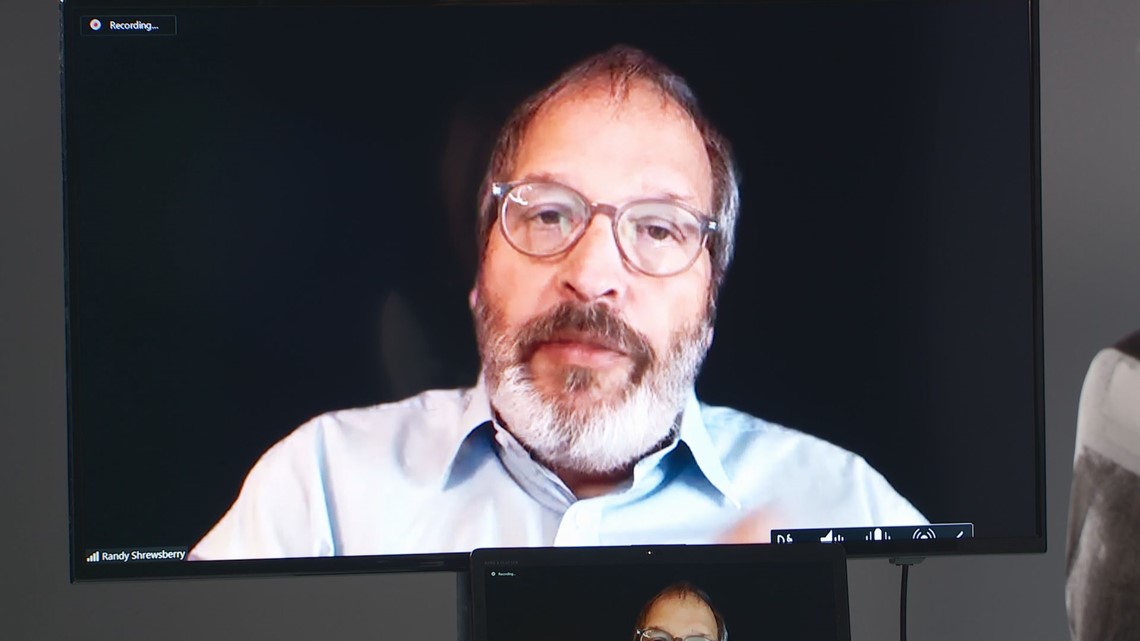
The federal trial involving three officers charged with violating Floyd’s civil rights provided an inside look into the power and influence MPD’s FTO’s have over new recruits.
One of their defense attorneys argued that new officers were instilled with an “us versus them” mentality.
If you’re an FTO, "(Recruits) don't question them. They tell you what to do and they do it?" attorney Earl Gray asked MPD inspector Katie Blackwell, who had been in charge of the department’s training.
"Generally," Blackwell responded.

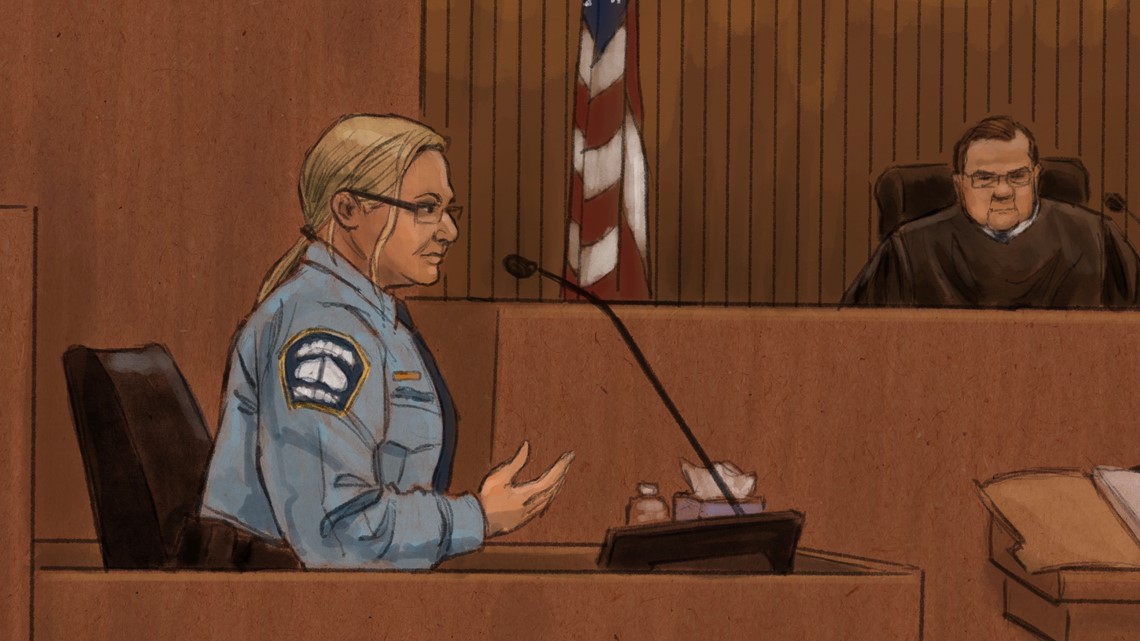
Recruits are required to have four FTOs and work in two precincts. If a recruit can’t implement a lesson taught by an FTO, the training has failed. And an FTO can have a recruit terminated, the trial revealed.
By the MPD’s written definition, an FTO is a role model. Chauvin served as such a role model for one of the defendants, J. Alexander Kueng, for 42 of 79 shifts that Kueng received during his training.
When they encountered Floyd, both Kueng and one of his co-defendants, Thomas Lane, were rookie officers fresh out of the MPD’s FTO program.
'Put on a pause'
In response to Mayor Jacob Frey pledging to reform the MPD’s training program, the department will now check misconduct histories of officers who apply to be FTOs, then-training director Darcy Horn told the Police Conduct Oversight Commission in December.

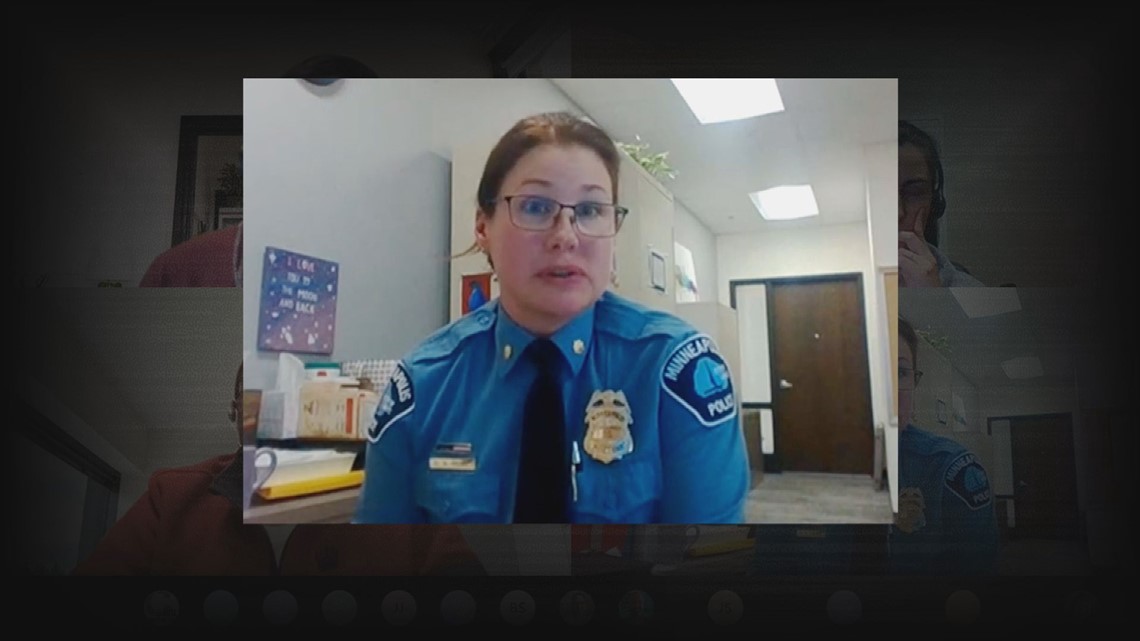
If an officer is appointed and a new complaint is made, Horn said FTO’s can be “put on a pause” until an investigation is completed.
“And then it is the decision of the chief or designee or perhaps the deputy chief of professional standards if that pause will be continued or if that officer can be a field training officer,” she said.
It’s unclear if the MPD is following its new standard. The Star Tribune reported in February that the new head of training, David Garman, himself has a history of misconduct, including being fired in 2009 for his role in a case involving the Metro Gang Strike Force.
The Star Tribune reported that Garman got his job back in April 2010 after he filed a grievance with the department, resulting in a 30-hour suspension and seven months back pay.
In 2013, he and another FTO, Jeffrey Seidl, were named in a lawsuit accusing them of using excessive force against two people, causing one of them nerve damage, then erasing cell video of the incident, according to the suit.
The city paid the plaintiffs $146,107 to settle the case, records show.
Misconduct continues
The department’s field training officers continue to be accused of more misconduct and could cost taxpayers more in payouts, records show.
One recent case accused several officers of using excessive force against a group of people – including an off-duty Ramsey County Sheriff’s Deputy – as they were walking in downtown Minneapolis.
Without warning, police ran to the group pointing their guns at them while shouting at them to get on the ground, according to the suit.
Once the deputy was able to explain who he was and how dangerous it was for the police to rush at them with guns drawn, he accuses one of the MPD cops of responding, “You don’t know how we do (expletive) in Minneapolis.”
One of the cops involved was a field trainer.
“They had guns drawn on a man who had done nothing wrong, I mean he was literally walking down the street,” said A. L. Brown, the attorney who brought the case.

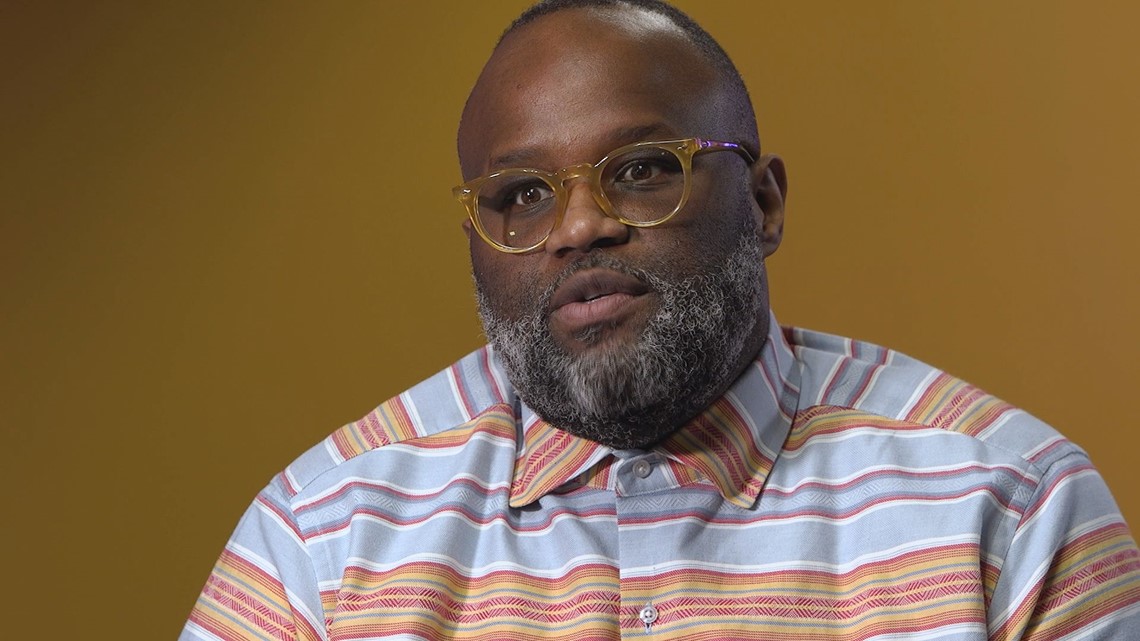
The suit settled for $20,000 late last year.
Another case involves Jaleel Stallings, who was shot at by Minneapolis cops riding in an unmarked van who were patrolling the streets during the George Floyd protests.
Stallings, not knowing that they were police, returned fire, then immediately surrendered when he realized who had been shooting.
After having been charged and acquitted of attempted 2nd degree murder charges, Stallings filed suit against the MPD, accusing the officers of beating him that night.
'The wrong move, pal'
At first, Bern Day cooperated with Officers Brazeau and Brown during the early morning hours in December 2016. So intoxicated that the officers believed Day needed to be taken into protective custody to be taken to the hospital, they told him to turn around and put his hands behind his back, according to police and arbitration records.
Video shows Day turn around, then lay face down on the sidewalk.
After easily handcuffing him, Brown told him, “Honestly, you’re kind of boring.” Brazeau agreed, records show. They turned Day on his back, then told him to get up. Agitated, Day hurled insults at the officers. Brown taunted Day as he struggled to get back to his feet.
“Ahh no you can’t get up,” Brown told him.
When they bent down to help him, Day kicked his feet, knocking off Brazeau’s body cam.
Surveillance video showed Brazeau quickly pinning Day’s chest with his knee, then punching him four times as his hands were cuffed behind his back. Brown followed with a punch of his own.

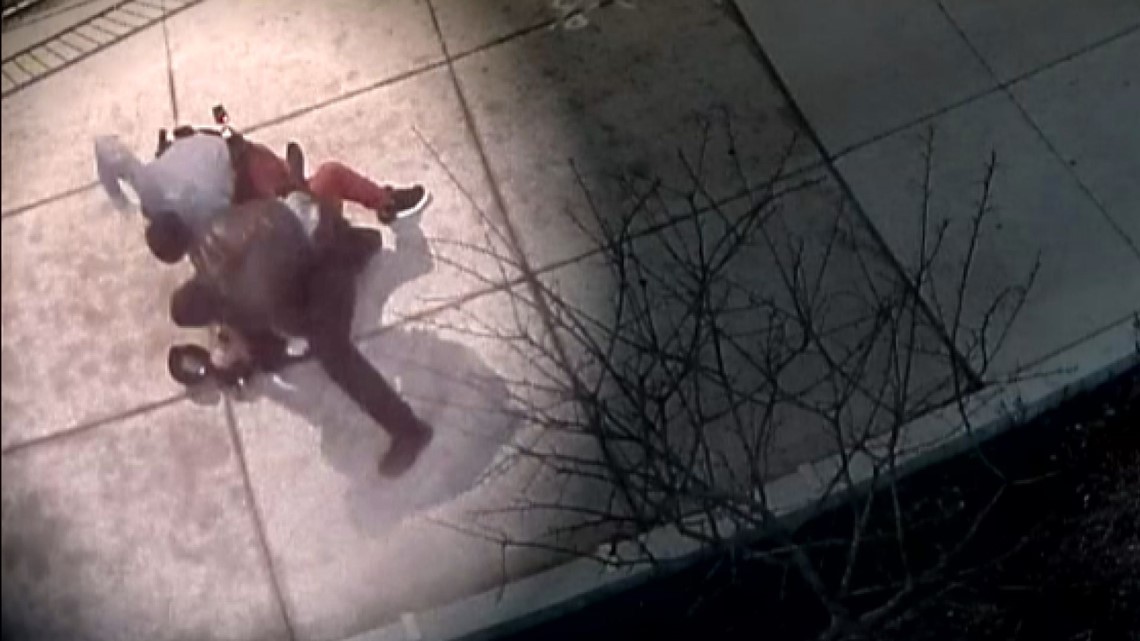
“It was the wrong move, pal,” Brown told him.
As they turned him on his stomach, he bled profusely on the ground.
MPD supervisors filed an internal complaint against the officers, and they were relieved of duty.
During interviews with internal affairs investigators, they said they wouldn’t have done anything differently.
“I haven’t received any other training on how to deal with this incident,” Brazeau told the investigators.
In December 2017, a four-person Police Conduct Review Panel unanimously found that both used excessive force
The next day, however, they were both restored to active duty. They even went on to serve as FTOs. The department gave Brazeau accolades for his training work and assessed him as “exceeds expectation,” records show.
Still, after another review of the case, then-Chief Medaria Arradondo fired them in 2019, saying they could have used other options and called their actions “unwarranted and unacceptable.”
“When asked during your interview if given the opportunity is there anything you would have done differently and you replied no. Your response is both disturbing and telling,” he wrote to both of them.
Both appealed and got their jobs back. In Brazeau’s case, an arbitrator cited the department’s decision to make him an FTO and praising his training work as a reason for overturning the firing.
Brown was suspended without pay for 80 hours and has since left the department, records show.
Brazeau was also reinstated – but suspended for 80 hours without pay. When he returned to work, the MPD did what they so often do with problem officers.
Records show he was again made an FTO in 2020.
Watch more KARE 11 Investigates:
Watch all of the latest stories from our award-winning investigative team in our special YouTube playlist:
